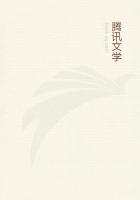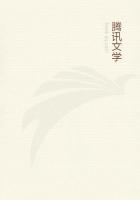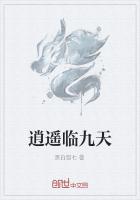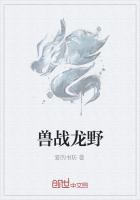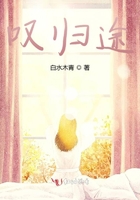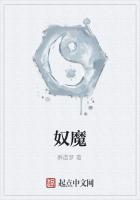THE chief passion of my childhood was riding. I well remember the time when my father used to put me in the saddle in front of him and we would ride out to bathe in the Voronka. I have several interesting recollections connected with these rides.
One day as we were going to bathe, papa turned round and said to me:
"Do you know, Ilyusha, I am very pleased with myself to-day. I have been bothered with her for three whole days, and could not manage to make her go into the house; try as I would, it was impossible. It never would come right. But to-day I remembered that there is a mirror in every hall, and that every lady wears a bonnet.
"As soon as I remembered that, she went where I wanted her to, and did everything she had to. You would think a bonnet is a small affair, but everything depended on that bonnet."
As I recall this conversation, I feel sure that my father was talking about that scene in "Anna Karenina" where ANNA went to see her son.
Although in the final form of the novel nothing is said in this scene either about a bonnet or a mirror,--nothing is mentioned but a thick black veil,--still, I imagine that in its original form, when he was working on the passage, my father may have brought Anna up to the mirror, and made her straighten her bonnet or take it off.
I can remember the interest with which he told me this, and it now seems strange that he should have talked about such subtle artistic experiences to a boy of seven who was hardly capable of understanding him at the time. However, that was often the case with him.
I once heard from him a very interesting description of what a writer needs for his work:
"You cannot imagine how important one's mood is," he said.
"Sometimes you get up in the morning, fresh and vigorous, with your head clear, and you begin to write. Everything is sensible and consistent. You read it over next day, and have to throw the whole thing away, because, good as it is, it misses the main thing. There is no imagination in it, no subtlety, none of the necessary something, none of that only just without which all your cleverness is worth nothing. Another day you get up after a bad night, with your nerves all on edge, and you think, 'To-day I shall write well, at any rate.' And as a matter of fact, what you write is beautiful, picturesque, with any amount of imagination. You look it through again; it is no good, because it is written stupidly. There is plenty of color, but not enough intelligence.
"One's writing is good only when the intelligence and the imagination are in equilibrium. As soon as one of them overbalances the other, it's all up; you may as well throw it away and begin afresh."
As a matter of fact, there was no end to the rewriting in my father's works. His industry in this particular was truly marvelous.
We were always devoted to sport from our earliest childhood.
I can remember as well as I remember myself my father's favorite dog in those days, an Irish setter called Dora. They would bring round the cart, with a very quiet horse between the shafts, and we would drive out to the marsh, to Degatna or to Malakhov. My father and sometimes my mother or a coachman sat on the seat, while I and Dora lay on the floor.
When we got to the marsh, my father used to get out, stand his gun on the ground, and, holding it with his left hand, load it.
Dora meanwhile fidgeted about, whining impatiently and wagging her thick tail.
While my father splashed through the marsh, we drove round the bank somewhat behind him, and eagerly followed the ranging of the dog, the getting up of the snipe, and the shooting. My father sometimes shot fairly well, though he often lost his head, and missed frantically.
But our favorite sport was coursing with greyhounds. What a pleasure it was when the footman Sergei Petrovitch came in and woke us up before dawn, with a candle in his hand!
We jumped up full of energy and happiness, trembling all over in the morning cold; threw on our clothes as quickly as we could, and ran out into the zala, where the samovar was boiling and papa was waiting for us.
Sometimes mama came in in her dressing-gown, and made us put on all sorts of extra woolen stockings, and sweaters and gloves.


